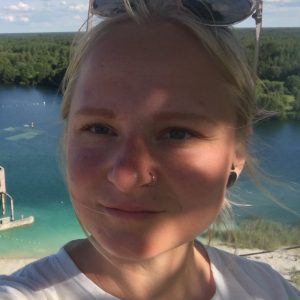EKRE’s way of shaping public opinion has paved the way for normalising hostile rhetoric in society as well as caught the interest of international media. This creates an illusion that the far-right populists have more power than they actually do. According to the last ratings, EKRE picked up 16,6 percent of public support, making them the third most popular party in Estonia. Naturally, not all who think marriage should be only between a man and a woman support EKRE. However, we have a reason to believe that the majority of Estonian people would support LGBT+ couples to have equal rights to hetero couples. According to a survey commissioned by the Estonian Human Rights Centre in 2019, the opponents of the Registered Partnership Act were for the first time in the minority with only 39 percent, while 49 percent of Estonian residents supported it. This was already the forth public opinion survey about LGBT rights, commissioned by the Centre. Next it will be conducted at the beginning of 2021. We believe that due to the marriage plebiscite, the public opinion is further polarised, yet there is reason to remain optimistic about the results. The surveys have shown a minimal, yet regular increase in tolerance towards LGBT+ community in Estonia. How much these positive developments have been affected by having the far-right politicians in the government, the results will show in spring.

